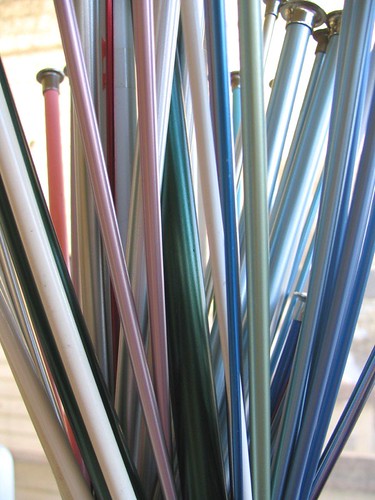Our shop volunteers are usually a cheerful bunch who take everything in their stride, but one thing they find really stressful is customers who try to beat them down on price.
Some of those who try this on are pretty obviously dealers, and a few of them will put on quite a lot of pressure when they think they might be able to bully an inexperienced volunteer into letting them have something for much less than it's really worth so they can later sell it on at a profit.
Quite honestly this is sometimes verging on theft—after all, the original donor gave the item to raise money to help animals, not to line someone else's pockets. It's unfair to the volunteer on the till, and if they do give way it potentially loses future donations for the shop because donors won't give worthwhile items if they know they'll be sold at stupidly low prices. Haggling also disrupts the working of the shop because it usually means the person on the till has to call the shop manager for a definite ruling, which means the manager isn't getting on with the back-room work.
In this respect the gift aid system is a bit of a mixed blessing. The way the system works means donors get regular reports on what we've managed to raise from their goods, and we've had some very positive feedback saying how nice it is to know how well the sales went. The downside is that donors will also know if the amount raised is suspiciously low. If that happens regularly they're not going to come back—and there's an underlying concern that they may be wondering if we are pilfering stock.























